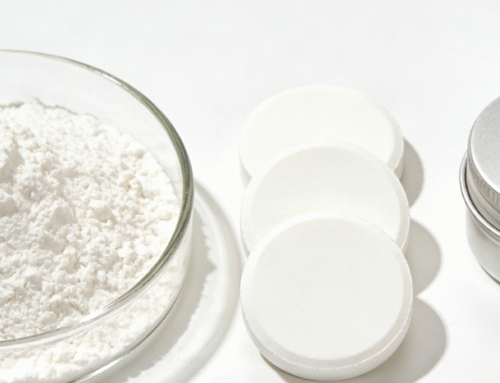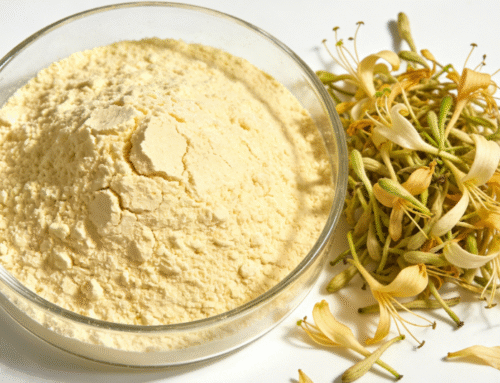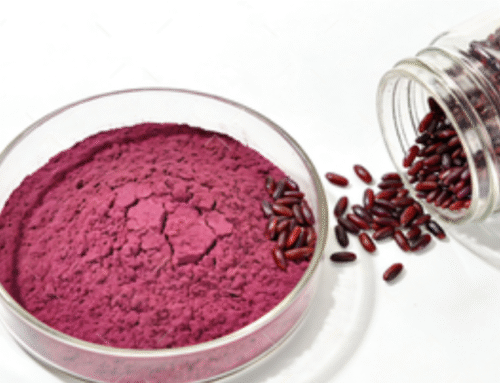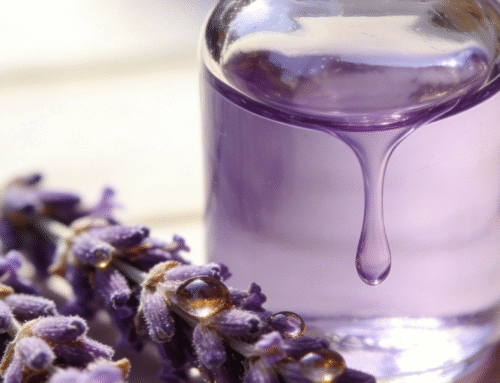Cordyceps is indispensable for health care and beauty
Cordyceps is a type of medicinal mushroom said to offer antioxidant and anti-inflammatory benefits. Long used in traditional Chinese medicine, cordyceps is available in the United States as a dietary supplement.
There are 400 species of cordyceps, most of which are native to Bhutan, China, Korea, Nepal, Thailand, and Vietnam. The most well-known medicinal species is Cordyceps sinensis (now known officially as Ophiocordyceps sinensis). The mushroom has a long, finger-like body and is usually a brown or orangish-brown color.
So valued is wild cordyceps in China that a kilogram often costs in excess of $20,000. Most supplements today are made from an engineered fungal culture that has the biological characteristics of C. sinesis but cannot produce the mushroom itself.
- Health Benefits
In alternative medicine, cordyceps is often touted as a natural energy booster. Proponents also claim that cordyceps can protect against health problems like asthma, depression, diabetes, fatigue, high cholesterol, and upper respiratory tract infections.
Cordyceps is also purported to boost athletic performance, a claim that grabbed headlines in 1993 when Chinese track and field athletes shattered multiple world records, a feat their coach attributed to C. sinesis supplements.
Some herbalists also believe that cordyceps can boost libido, slow the aging process, and protect against cancer. Few of these claims are strongly supported by research.
- Athletic Performance
Meanwhile, a 2016 study from the University of North Carolina at Chapel Hill showed that daily cordyceps supplementation gradually increased the maximum oxygen intake (VO2 max) in young adults after three weeks.
What it didn’t change was the time to exhaustion (TTE) or the stage in exercise when breathing becomes labored (ventilatory threshold).
In short, an improvement in oxygen consumption didn’t translate to improved performance. It is unclear whether long-term supplementation might further improve upon these results.
- High Blood Pressure
Cordyceps are believed to have potent anti-inflammatory and antioxidant effects, both of which may help prevent or treat high blood pressure (hypertension). Many of these benefits have been attributed to a compound known as cordycepin, which is similar in molecular composition to adenosine. Like adenosine, cordycepin appears able to relax blood vessels, improving circulation and lowering blood pressure.
The same benefits may be extended to the respiratory tract, according to a 2017 study from China. When taken daily, a cordyceps extract appears to relax airway constriction and improve quality of life measures in people with moderate to severe asthma.
- Cancer
Preliminary studies suggest that cordyceps may offer protection against certain types of cancer. Similar results have been seen with colon cancer cells. The cordycepins in the cordyceps mushroom also appear to be toxic to leukemia cells.
- Possible Side Effects
Cordyceps is considered safe for short-term use. Some users may experience mild side effects, including stomach ache, nausea, diarrhea, or dry mouth.7 Symptoms typically resolve once the treatment is stopped. Other have reported a lingering metallic taste after using a cordyceps product, which may take longer to resolve.
Despite its relative safety, the action of the herbal medication is poorly understood and may cause problems in certain users. If you are allergic to molds or yeast, you will likely be allergic to cordyceps and should steer well clear of them.
People on diabetes medications may need to avoid cordyceps as the combined use may result in an extreme drop in blood sugar (hypoglycemia).
People with bleeding disorders or who take anticoagulants (“blood thinners”) or anti-clotting drugs may need to avoid cordyceps as well. Taking them together may increase the risk of bleeding or easy bruising.
This also applies if you are scheduled to undergo surgery. You would need to stop taking cordyceps at least two weeks beforehand to prevent excessive bleeding.
Little is known about the long-term safety of taking cordyceps. While the supplements are assumed to be safe, there remain concerns about the general safety of imported traditional Chinese medications.






Leave A Comment